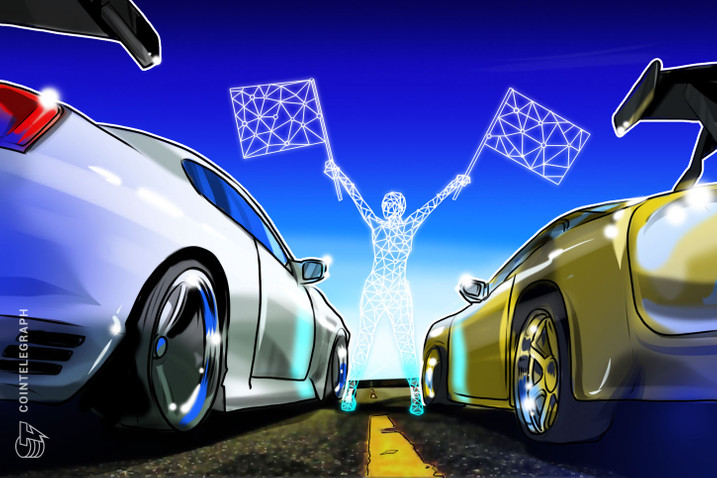The co-founders of ELOOP and peaq told Cointelegraph that tokenizing high-value assets, like a fleet of ride-sharing cars, will help bring Web3 into the mainstream. A Vienna-based car-sharing service company has outfitted nearly half of its 200+ fleet of cars with blockchain-based self-sovereign IDs for tokenization purposes. The car-sharing service ELOOP and peaq, a Web3 network for the Economy of Things, announced on June 27th that 100 Teslas have been tokenized via the peaq network. The blockchain integration allows users to own a fraction of the fleet and share the revenue the cars generate from daily rideshare operations. We call it car sharing 2.0 because the community who owns the cars also rents them out. We wanted to get as close as possible to real ownership, but make it as easy as possible for everyone to invest in the car without any responsibility,” Prugger said. “We do all the legal work regarding the cars.” Back in 2019, the Germany-based industrial manufacturing company Siemens had also mentioned the use case of blockchain for carsharing purposes via one of its subsidiaries Siemens Mobility. Dorloechter highlighted the need for blockchain integration in real-world assets to help with mainstream adoption and understanding of the technology. For Web3 to go mainstream we need a connection between the digital and real worlds, which enable people to co-own assets that generate revenue based on actual services and goods. The transaction and data storage layer for the decentralized physical infrastructure network (DePIN) of the tokenized Teslas is hosted by the peaq blockchain network, which is built on Polkadot. Teslas are known for their integration of artificial intelligence (AI), for self-driving and monitoring surroundings. As the age of automation is nearing, some estimates say that nearly 50% of today’s work activity could be automated by 2045. Dorloechter pointed out that AI-capable vehicles like Teslas could be automated to become robo-taxis and therefore, tokenization of such vehicles would “enable the democratization of the age of automation.” “All the value that those autonomous cars generate could end up in the pockets of a few big companies,” he said. “This is a way to reduce inequality by making all of those autonomous value-generating assets open for people to invest and earn from.” As more physical high-value items are put on the blockchain and tokenized for public accessibility, Dorloechter says the ability for communities to fund and build infrastructure and also earn from it" becomes real.





